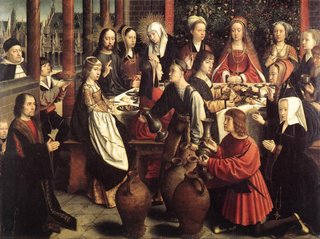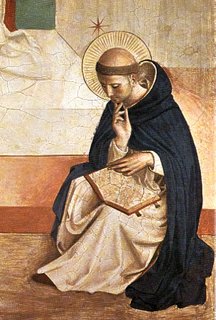
One of the dimensions frequently overlooked in discussions of NFP and birth control is that of askesis or self-discipline. This is odd, because it figures prominently in Humanae Vitae.
21. The right and lawful ordering of birth demands, first of all, that spouses fully recognize and value the true blessings of family life and that they acquire complete mastery over themselves and their emotions. For if with the aid of reason and of free will they are to control their natural drives, there can be no doubt at all of the need for self-denial. Only then will the expression of love, essential to married life, conform to right order. This is especially clear in the practice of periodic continence. Self-discipline of this kind is a shining witness to the chastity of husband and wife and, far from being a hindrance to their love of one another, transforms it by giving it a more truly human character. And if this self-discipline does demand that they persevere in their purpose and efforts, it has at the same time the salutary effect of enabling husband and wife to develop to their personalities and to be enriched with spiritual blessings. For it brings to family life abundant fruits of tranquility and peace. It helps in solving difficulties of other kinds. It fosters in husband and wife thoughtfulness and loving consideration for one another. It helps them to repel inordinate self-love, which is the opposite of charity. It arouses in them a consciousness of their responsibilities. And finally, it confers upon parents a deeper and more effective influence in the education of their children. As their children grow up, they develop a right sense of values and achieve a serene and harmonious use of their mental and physical powers.
Yet most discussions of NFP and birth control quickly devolve into questions of why NFP is allowed to Catholics and contraceptives are not, as if all that mattered was implementation of a technique. While the question can certainly be answered on that level (natural law, etc.), it implies a thorough misunderstanding of what Christian life is to be.
The Christian life is about coming to participate, through Church and Sacrament, in the inner life of the Most Blessed Trinity.
And NFP, unlike its contraceptive alternatives, proposes a way consistent and complementary to way of fast and feast which the Church sets forward in her liturgical year. Indeed, in a certain sense, one can say that NFP is liturgical, for in its principle of self-denial it gives us the opportunity to enter into the kenosis, the self-emptying of Christ.


